
Falling short of sustainability at COP29: Why global climate actions need a reset ?
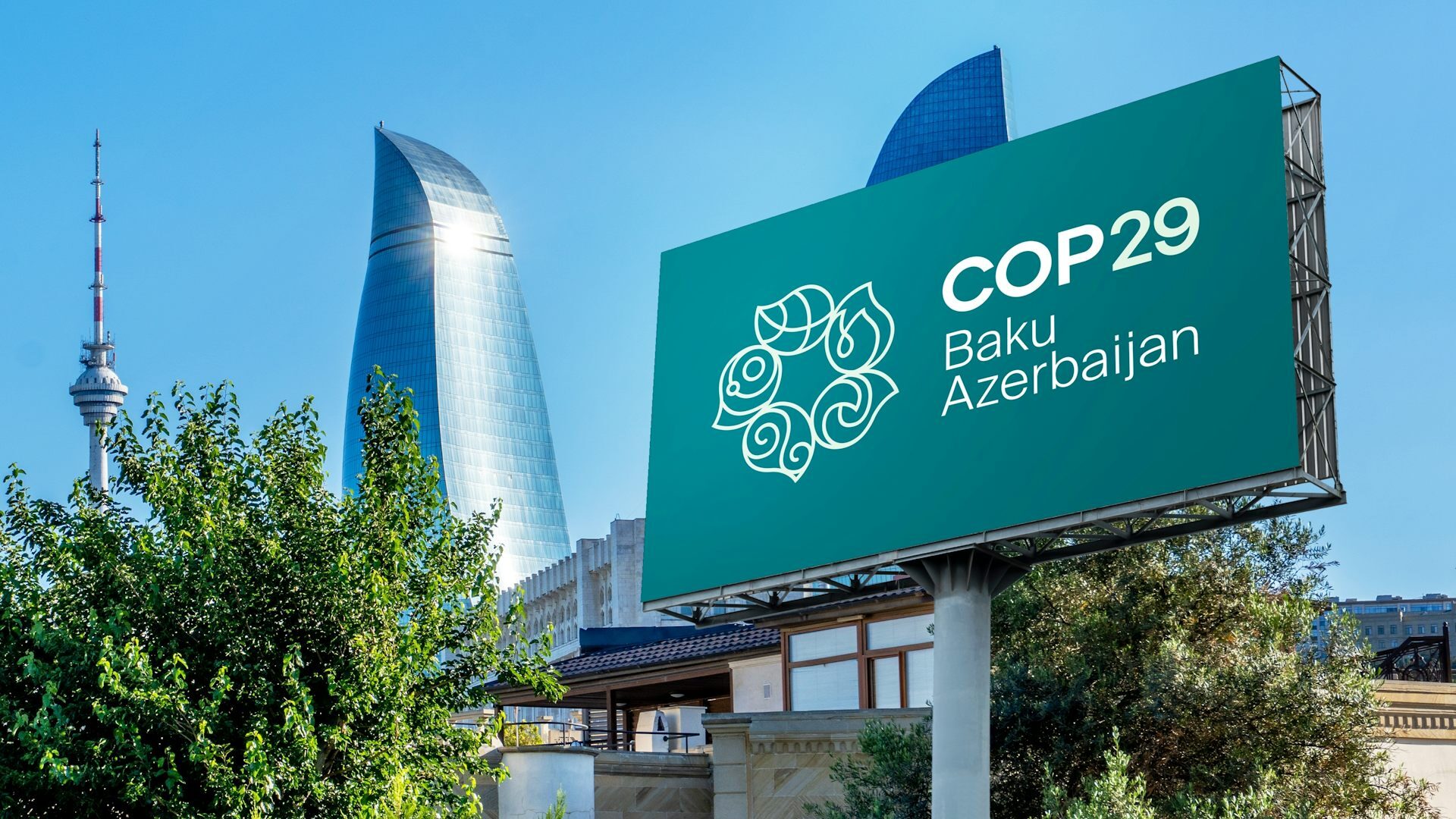
As the world convenes for COP29 in Baku, Azerbaijan, the stakes for meaningful climate action have never been higher. Despite the urgency of the climate crisis, the annual United Nations Climate Change Conference faces ongoing challenges in translating promises into measurable progress, raising the critical question: Why do these summits struggle to deliver true sustainability?
One of the key focal points of COP29 is addressing the climate finance gap, with a new target to replace the 0 billion annual commitment to developing nations. However, this target is still inadequate to address the magnitude of the crisis. The reality is that the climate crisis demands more than just ambitious pledges—it requires enforceable, inclusive, and transformative policies. Without these, global progress will continue to fall short of expectations.
Developed countries had previously pledged 0 billion annually to assist developing nations with climate adaptation and mitigation, yet this commitment has been plagued by delays and distrust. As COP29 progresses, the discussions around setting a new financing target seem out of step with the scale of what is needed. The need for robust financial support in developing nations goes beyond adaptation. It is essential for enabling a transition to sustainable economies, particularly as these countries are often the most vulnerable to climate impacts. The lack of adequate, timely funding jeopardizes their ability to meet the goals of the Paris Agreement, perpetuating global inequality in climate action.
The Paris Agreement’s reliance on voluntary Nationally Determined Contributions (NDCs) has created a framework that allows countries to set their own climate goals, but with no binding accountability. This voluntary approach has led to widespread underachievement, with little oversight and no clear mechanisms to enforce pledges. The lack of enforceable agreements continues to undermine trust, collaboration, and the global momentum needed to tackle climate change effectively.
In contrast, the UAE has demonstrated that sustainability and economic growth can go hand in hand. As the host of COP28, the UAE has emerged as a global leader in renewable energy, showcasing the possibility of ambitious climate goals aligned with practical, transformative solutions. With projects like Masdar City and advancements in solar energy, the UAE offers valuable lessons on balancing economic development with environmental responsibility.
Despite the momentum for renewable energy, the world remains heavily reliant on fossil fuels. Governments continue to subsidize these industries, impeding progress toward cleaner, sustainable energy solutions. COP29 must prioritize a global commitment to phase out fossil fuels and invest in clean energy technologies.
Geopolitical tensions complicate the already challenging climate negotiations. As economic competition, regional conflicts, and energy security concerns dominate the global agenda, climate action often takes a backseat. These distractions undermine international cooperation, making it harder to reach a consensus and achieve the necessary global alignment to tackle the climate crisis.
Amidst the focus on technology-driven solutions, nature-based solutions—such as reforestation, wetland restoration, and biodiversity conservation—remain underfunded and underappreciated. These solutions not only mitigate climate change but also support biodiversity and strengthen local economies. By overlooking the potential of nature-based approaches, COP29 misses an opportunity to address climate change in a holistic way.
The global economy’s linear model—extract, use, and dispose—is outdated and unsustainable. COP29 provides an opportunity to champion circular economies that prioritize resource efficiency, waste reduction, and sustainable consumption. However, without strong policies and incentives, this necessary transition will continue at a sluggish pace.
To achieve true sustainability, global climate action needs a reset. COP29 must go beyond incremental progress and embrace systemic change by:
- Establishing enforceable commitments with robust accountability mechanisms.
- Prioritizing equitable climate finance that meets the needs of developing nations.
- Phasing out fossil fuels and accelerating renewable energy transitions.
- Elevating nature-based solutions alongside technology-driven initiatives.
- Advocating for circular economies to reduce waste and resource exploitation.
As COP29 unfolds, it serves as a stark reminder that the climate crisis cannot be solved with half-measures. Without bold action and a willingness to confront entrenched interests, the window to limit global warming to 1.5°C will close rapidly. The UAE’s leadership offers a glimpse of what is possible when ambition meets action, but this example must be scaled globally.
The time for incrementalism is over. Only a unified, enforceable, and inclusive approach can bridge the gap between ambition and action—ensuring that future COPs deliver the transformative change the world desperately needs.





 Dr. Slim Saidi
Dr. Slim Saidi 


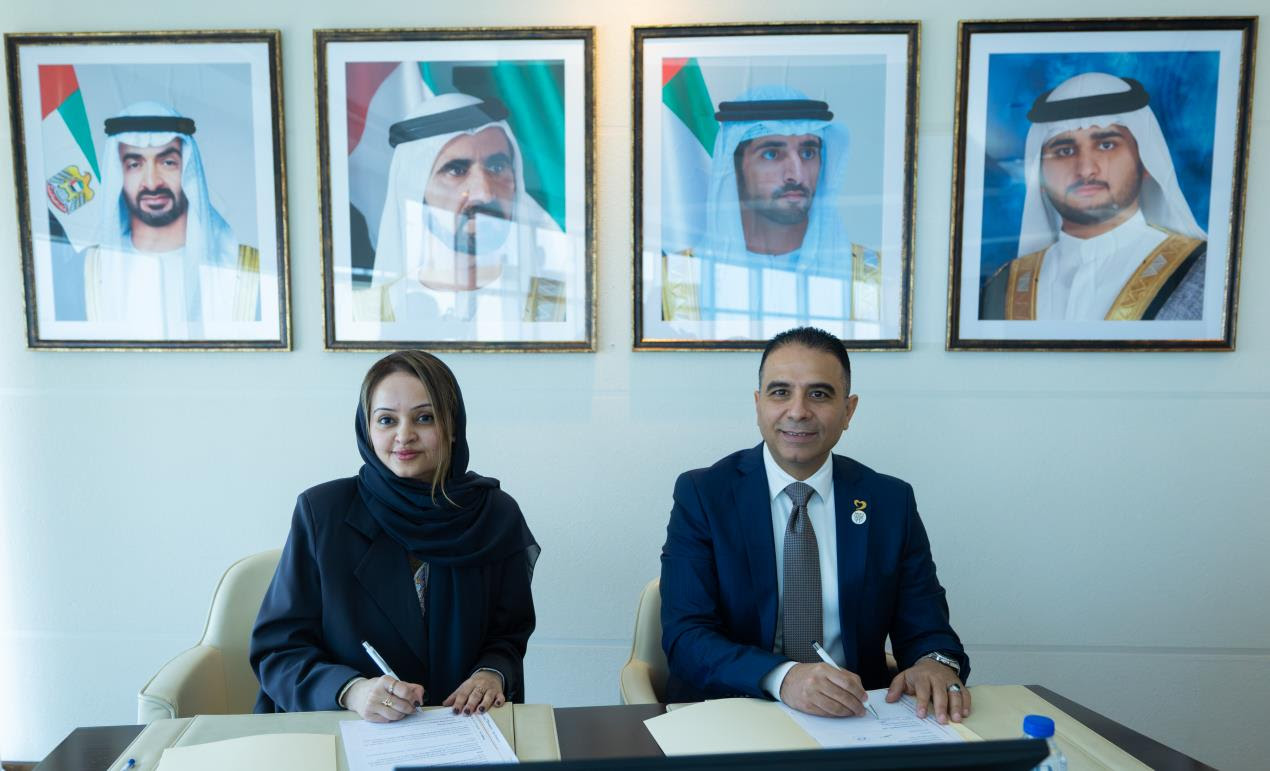

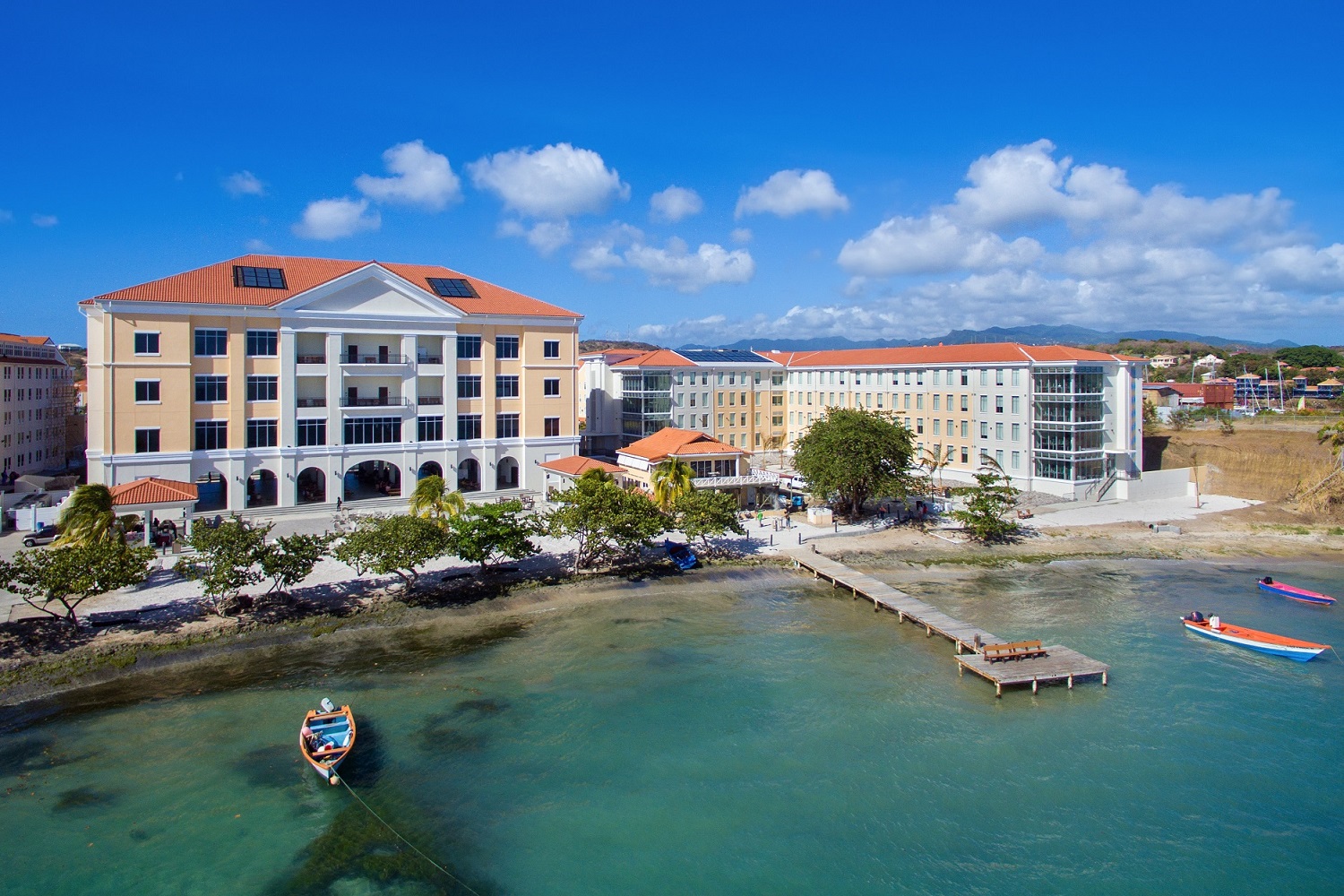





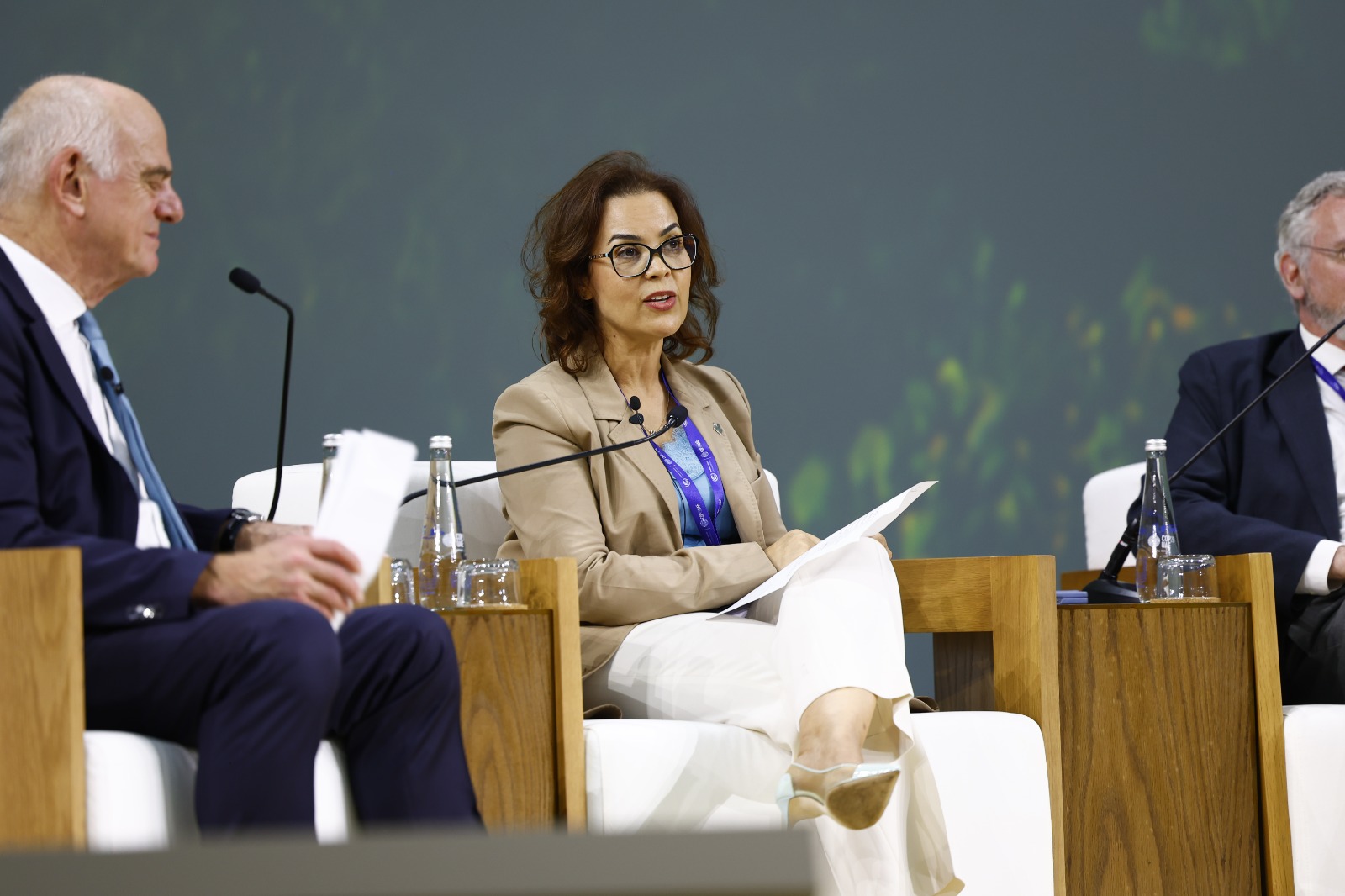

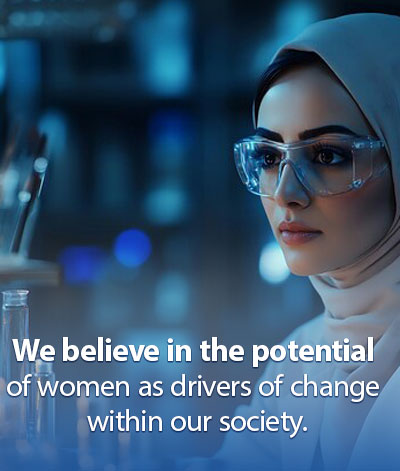

Add Comment